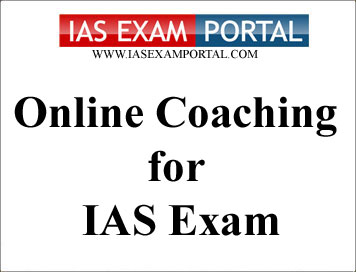(HOT) UPSC Current Affairs 2025 PDF
NEW! The Gist (JAN-2026) | E-BOOKS
(MCQ) IAS PRE GS Online Coaching : Polity - "Constitution Amendment"
Sample Material of Our Online Coaching Programme
(MCQ) Polity: Constitution Amendment
1. Consider the following statements.
1) The President dissolves the Lok Sabha on the advice of the union council of ministers.
2) Prime Minister hails from the Lok Sabha.
3) All the money bills and other financial bills passed by Lok Sabha need a Special Majority.
Select the correct answer from the codes given below.
a) 1 & 2 only
b) 1 & 3 only
c) 2 & 3 only
d) All of the above
2. Consider the following statement.
1) An Amendment Bill can be introduced by a private member (Member of a parliament who is not a minister) or a minister.
2) An amendment Bill can be initiated only by the Union government and can be introduced only in the parliament.
3) An Amendment Bill after being passed duly and sent to the President, it shall assent by the president.
4) An Amendment Bill can be initiated by state only if there state assembly have a special majority.
Select the correct answer from the codes given below.
a) 1 & 4 only
b) 1, 2 & 4 only
c) 1, 2 & 3 only
d) All of the above
3. Consider the following statement.
1) 93rd Amendment Act 2005 to provide reservation in educational institutions for SC, ST and OBC and other minority.
2) 52nd Amendment Act 1985. Anti Defection law and the tenth schedule.
3) 14th Amendment Act 1962 - by this Act, Pondicherry was included in the First Schedule as a Union Territory.
Which of the statements given above is / are correct.
a) 1 only
b) 2 only
c) 1 & 2 only
d) All of the above
4. Consider the following statements about the constitution amendment:
1. One category of amendments are those which can be made by the parliament
by the prescribed 'special majority'.
2 The second category of amendments require ratification by at least two - third
of the state legislatures after being passed by a special majority by each house
of the parliament.
Which of the above statements is/are correct ?
a) only 1
b) only 2
c) both 1 and 2
d) neither 1 nor 2


